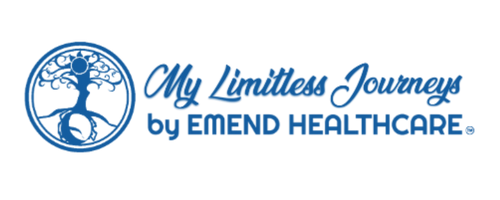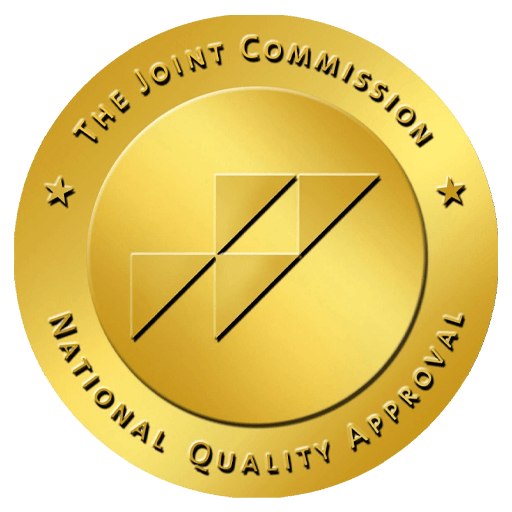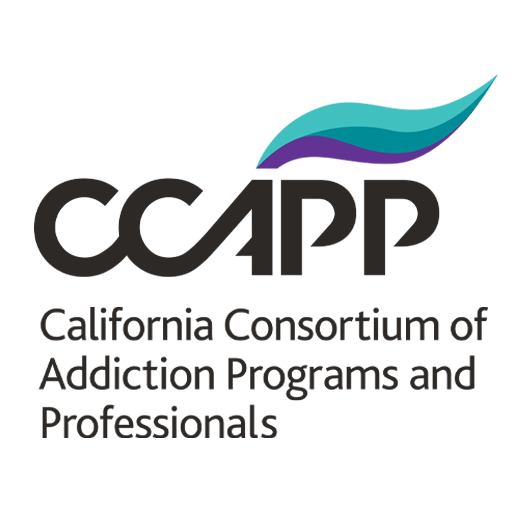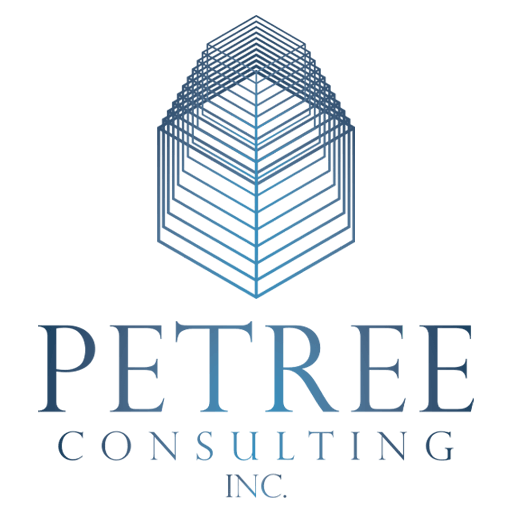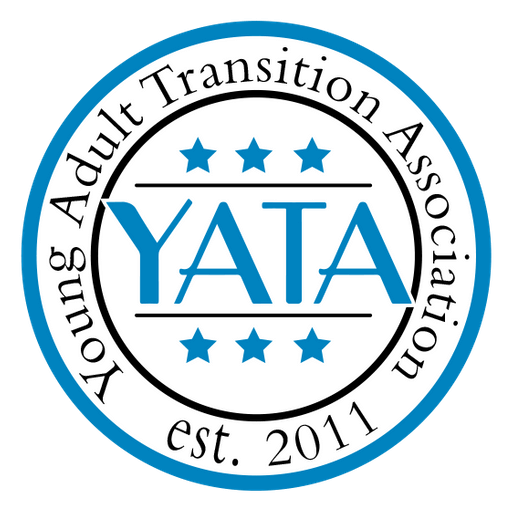Exploring Alcohol Rehab Options in Encino
Encino, nestled in the vibrant San Fernando Valley, offers a unique array of options for those seeking alcohol rehab. As someone with two decades in addiction care, I’ve seen how diverse choices can cater to different needs, providing holistic approaches to recovery. The availability of centers specializing in various therapies such as cognitive behavioral therapy, detox programs, and support groups creates a tailored approach for each individual.
Choosing the right center can feel daunting. However, understanding each option’s philosophy, treatment protocols, and recovery approach empowers one to make the best decision. This community offers a spectrum of solutions, from residential programs designed for immersive healing experiences to outpatient services offering flexibility for those balancing recovery with work or family commitments.
The Importance of Dual Diagnosis Treatment
One vital component in alcohol rehab Encino centers is the emphasis on dual diagnosis treatment. Simply put, dual diagnosis addresses both substance addiction and underlying mental health disorders simultaneously. This approach is crucial because untreated mental health issues can fuel addiction, leading to a vicious cycle. Addressing both problems concurrently increases the chances of long-term recovery.
At My Limitless Journeys, we’ve found that nearly 50% of those seeking alcohol rehab also struggle with other mental health conditions such as depression, anxiety, or PTSD. Without proper treatment of these co-occurring disorders, achieving sobriety can be more challenging. Hence, centers that provide comprehensive care are pivotal in a patient’s recovery journey.
Dual diagnosis programs typically incorporate a mix of psychiatric services, medication management, and group therapy sessions. By using various therapeutic modalities, individuals gain insights into their behaviors and develop coping strategies, enhancing their resilience against relapse.
Not all rehab centers offer dual diagnosis treatment, making it imperative for those seeking rehab to inquire directly about available services. This not only ensures the best possible care but also aligns treatment with individual recovery goals.
Real Stories of Recovery from Encino
Nothing speaks louder than the transformative stories of those who have walked the path of recovery themselves. Having counseled numerous individuals, I’ve witnessed remarkable journeys. One gentleman, Michael, was struggling with alcohol dependency while battling depression. Through a personalized program at a local alcohol rehab Encino center, Michael began to uncover and address the root causes of his addiction. The integrated approach not only helped him achieve sobriety but also led to significant breakthroughs in managing his depression.
Another inspiring tale is of Sarah, a young mother whose anxiety and alcohol use were intertwined. By participating in both individual and group therapy, Sarah found a supportive community and learned powerful tools to manage her anxiety symptoms. Her gradual progress toward sobriety allowed her to rebuild her life, providing a nurturing environment for her children.
The power of personalized treatment cannot be overstated. Successful recovery often hinges on the ability of the rehab center to adapt to the unique needs of each client, offering a balance of structure and flexibility.
Choosing the Right Alcohol Rehab Center in Encino
Selecting the ideal rehab facility involves several considerations that can significantly affect recovery outcomes. Here are some crucial steps to follow:
- Research Treatment Options: Understand the types of therapies offered, such as medical detox or residential programs, and their suitability for your needs.
- Evaluate Credentials: Look for licensed and accredited facilities with qualified staff, ensuring they adhere to industry standards.
- Assess Continuum of Care: A robust program should offer ongoing support, including aftercare planning and relapse prevention strategies.
- Visit the Facility: Touring the center can provide insights into the environment and amenities, aiding in making an informed choice.
What Makes an Alcohol Rehab Program in Encino Successful?
Successful alcohol rehab in Encino hinges on various factors, including individualized treatment plans, expert staff, and a supportive community. A program’s success is often tied to its ability to address the holistic needs of an individual — mind, body, and spirit. Practical strategies, such as regular therapy sessions, holistic practices like yoga or meditation, and ongoing support systems, are integral.
Programs that emphasize a person-centered approach often yield better outcomes. This involves crafting treatment plans that align with personal values, strengths, and objectives. Additionally, fostering a community of peers who share similar experiences creates a supportive network essential for sustained recovery.
- Individual Therapy: Crucial for understanding personal triggers and developing coping strategies.
- Group Sessions: Builds community and provides mutual support among peers.
- Aftercare Programs: Essential for maintaining sobriety post-treatment, with resources like support groups and counseling.
Are Vocational Services Available in Alcohol Rehab Encino?
Yes, many alcohol rehab centers in Encino integrate vocational services into their programs. These services aim to empower individuals in recovery by equipping them with skills needed to reintegrate into the workforce. They often include job training, resume building, and interview preparation sessions, tailored to boost confidence and employability post-rehab.
Offering vocational support ensures that individuals not only recover from addiction but also regain independence and purpose through meaningful employment. Such initiatives are vital for long-term recovery, preventing relapse by fostering financial stability and personal growth.
